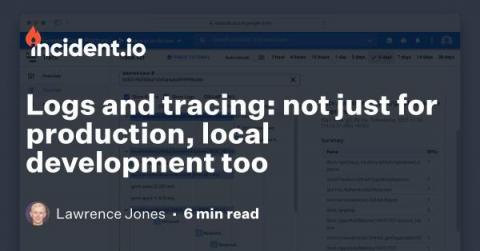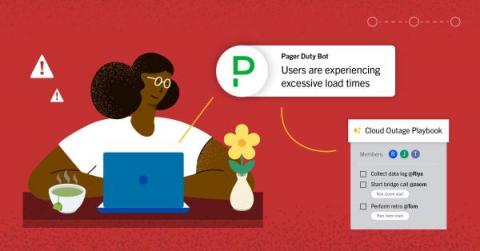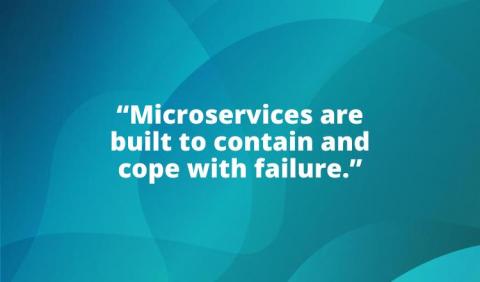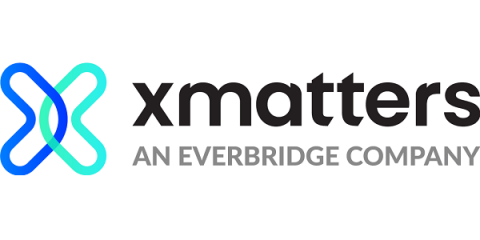Operations | Monitoring | ITSM | DevOps | Cloud
Latest News
Logs and tracing: not just for production, local development too
We're a small team of engineers right now, but each engineer has experience working at companies who invested heavily in observability. While we can't afford months of time dedicated to our tooling, we want to come as close as possible to what we know is good, while running as little as we can- ideally buying, not building. Even with these constraints, we've been surprised at just how good we've managed to get our setup.
How to improve your influence as an SRE
Playbooks in Action: Creating Effective, Repeatable Incident Resolution Workflows
While service incidents can be wildly dissimilar, they tend to have one thing in common: a need for quick resolution. Response teams need a robust, repeatable process to follow that ensures fast, mistake-free execution, especially for those 4 AM calls. Having a documented checklist saved where the entire team can access and use it at any time could make the difference between quick resolution or compounding the problem.
Microservice Architecture | What It Is & Why It Matters
4 Recommendations for Optimizing DevOps
The concept and development of DevOps have significantly changed the way IT teams work in the last decade. Small and large teams alike can see the difference when they switch from traditional software development cycles to a DevOps cycle: accelerated innovation, improved collaboration, faster time to market. And the list of benefits continues to grow. To effectively embrace DevOps, however, is not an easy task. Thankfully, there are ways to navigate this challenging journey.
Outage or Breach - Confront with Confidence (2021)
Reliable incident alerting for critical IT systems at German health insurance provider Debeka
“Thanks to Enterprise Alert and the acknowledgement function, we can track the alerting and response digitally and have the certainty that our employees always take care of incidents in our critical IT infrastructure in a timely manner. IT alerting with Derdack, which has to be documented according to BaFin KRITIS, is highly reliable.”, Markus Reusch, Product Owner Monitoring, Debeka
Announcing Grafana OnCall, the easiest way to do on-call management
A critical part of managing modern software development is setting up and running an on-call rotation. But that often involves significant toil, in part because many of the existing tools are cumbersome and not developer-friendly. That’s why we’re excited to announce Grafana OnCall, an easy-to-use on-call management tool that will help reduce toil in on-call management through simpler workflows and interfaces tailored for devs.
Now you see me, now you don't: feature-flagging with LaunchDarkly at incident.io
At incident.io, we ship fast. We're talking multiple times a day, every day (yes, including Fridays). Once I merge a pull request (PR), my changes rocket their way into production without me lifting a finger. 💅 It's when we tackle larger projects that this becomes a bit more complicated. We recently launched Announcement Rules, which let you configure which channels incident announcements are posted in depending on criteria you define.











